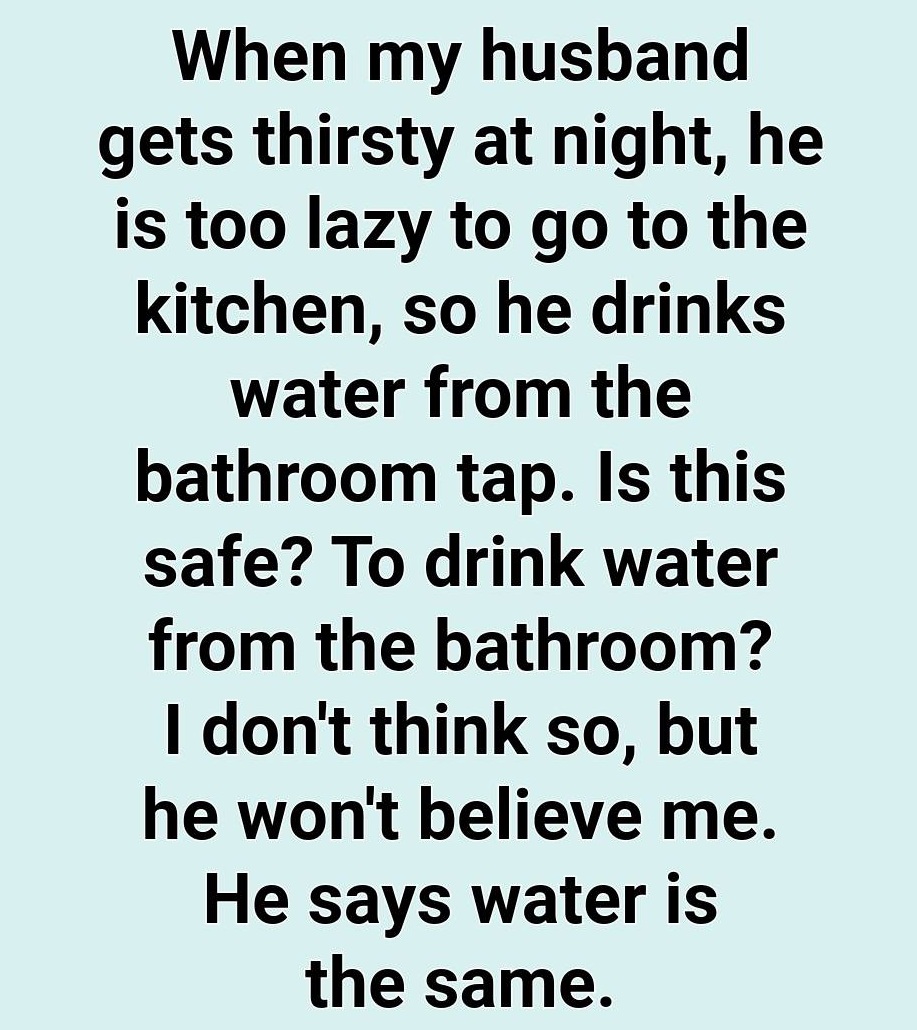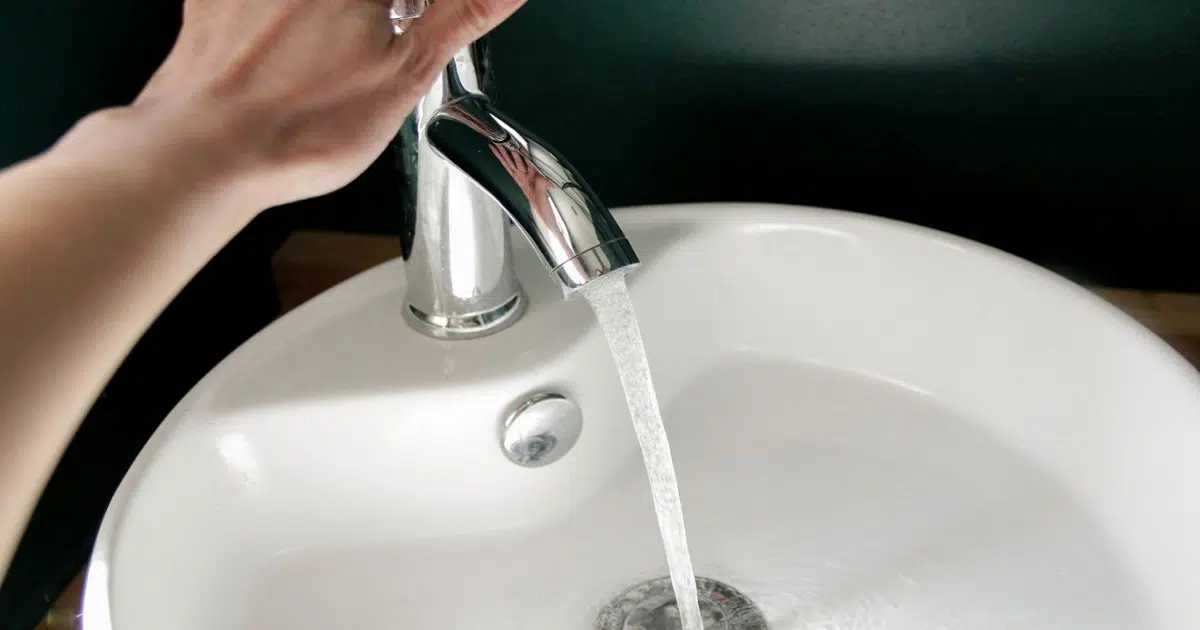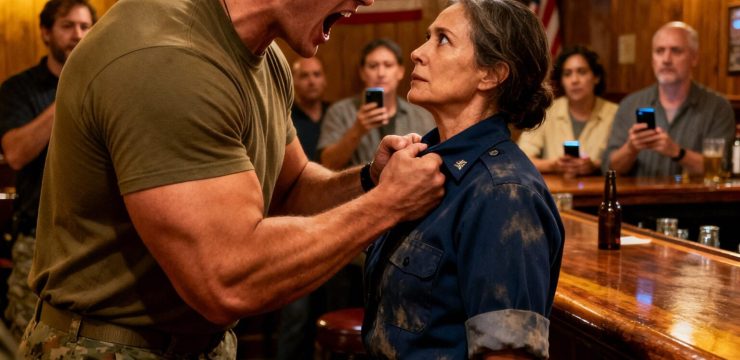When it comes to quenching your thirst, chances are the bathroom sink isn’t your first choice. The thought of drinking from the same faucet where you rinse your mouth or wash your hands might feel a little off-putting, and for good reason. But when you’re in a pinch and the kitchen’s too far away, is it actually safe to drink water straight from the bathroom tap?

The short answer is yes—most of the time. Thanks to modern plumbing systems, the water that flows into your home is typically sourced and treated the same way, whether it ends up in your kitchen, bathroom, or laundry room. So in theory, the water from your bathroom sink is just as safe as what comes out of your kitchen faucet. That said, there are still some important factors to consider before making the bathroom tap your go-to hydration spot. One of the biggest considerations is the age and condition of your home’s plumbing.

If you’re living in a house that was built decades ago and hasn’t had a plumbing upgrade since, you might be dealing with corroded or aging pipes. Old pipes can potentially leach metals like lead or copper into the water, especially if they’ve been sitting unused for hours. Even if the source water is safe, the condition of the pipes it travels through can affect its quality by the time it reaches your glass. On the other hand, if your home is newer or has had recent plumbing updates, this is probably less of a concern.
Another thing to keep in mind is whether your household has a water treatment system installed. If you have a water softener or filtration system that services the whole house, then your bathroom water may be as clean—or cleaner—than the water in other parts of the home. These systems are great at removing impurities, neutralizing hard minerals, and ensuring the water is not only safe but also pleasant to drink. If you’re really curious about the quality of your tap water, home testing kits are available and can give you a clearer picture of what you’re sipping. One misconception worth clearing up is the connection between the bathroom sink and the toilet. It might seem a little too close for comfort, but rest assured that the water feeding your toilet is not the same as the water you’re drinking from the faucet. They come from the same general water supply but travel through different plumbing paths, so you’re not at risk of sipping toilet bowl backwash. Still, just because the water itself is safe doesn’t mean your sink area is.
@yorkshirewater Does anyone drink the water from their bathroom tap?💧🛁 #yorkshirewater #somethingthatfeelsillegal #bathroomwater #bathroom #water ♬ Hip Hop with impressive piano sound(793766) – Dusty Sky
Bathrooms can be a breeding ground for germs, especially if multiple people use them regularly. The area around the faucet, the handles, and even the spout can harbor bacteria if they’re not cleaned often. So if you’re planning on drinking from the bathroom tap, it’s a good idea to make sure the sink is clean and that you’re not letting your cup touch the faucet directly. Keeping your bathroom tidy and sanitized goes a long way in making that water more appealing. At the end of the day, drinking water from the bathroom isn’t a health hazard for most people living in homes with safe plumbing and clean fixtures. But if your pipes are older than your childhood memories or your sink hasn’t seen a scrub brush in months, it might be better to play it safe and stick with the kitchen. After all, water quality can vary slightly depending on the plumbing and fixtures, even within the same house. So the next time you find yourself thirsty and standing in the bathroom, you don’t have to feel guilty about taking a sip. Just make sure everything’s clean, your plumbing is up to date, and you know what’s coming out of your tap. And whatever you do, be careful not to grab the mouthwash by mistake—unless you’re into that super minty surprise.





